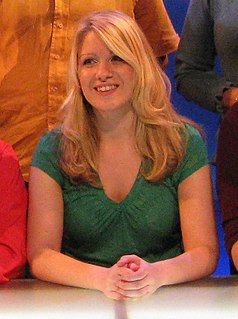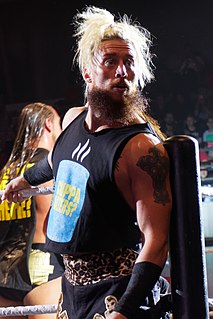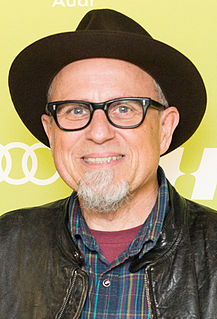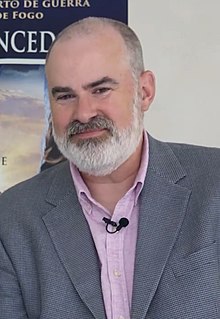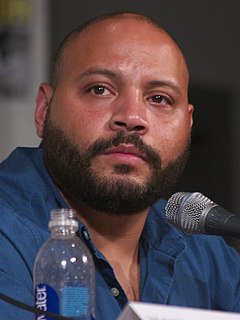A Quote by Peter Landesman
I've been writing screenplays for a long time, and a lot of it came out of the journalism I was doing.
Related Quotes
I don't generate a storyline and then fill it out in the course of writing. The story actually generates in the course of the writing. It's one of the reasons I've never been comfortable doing screenplays, because in order to get the contract for the screenplay, you have to sit down and tell them what's going to happen.
I think ultimately it's just time management. You're just doing a lot more stuff. You're doing the same stuff, you're writing and you're producing, but it just comes with a lot of other things. A lot of long term thinking and plotting things out for the future, bringing elements together. I have a lot of support.
I've been writing for a long time, since the late '60s. But it hasn't been in the same form. I used to write scripts for television. I wrote for my comedy act. Then I wrote screenplays, and then I started writing New Yorker essays, and then I started writing plays. I didn't start writing prose, really, until the New Yorker essays, but they were comic. I didn't start writing prose, really, until the '90s. In my head, there was a link between everything. One thing led to another.
Working within newspapers, so many of them are so used to the status quo, they're so invested in lobby journalism, and assuming that all politics happens in Westminster... but doing social affairs, I spend a lot of time out of London speaking to people who have been hit by cuts, or disabled, or who have been made unemployed.
The Love Dare for Parents really came from an ongoing response from people who went through the couple's book asking us to do the same for children. It's been a long time coming after a couple years doing this. But we're excited that it's now hitting shelves. We learned a lot going through the process of writing it, so we can't wait to see what happens.
This is a very proud moment for journalism. I think The New York Times and The Washington Post are genuine champions in this moment. The role that they are playing in democracy is the role that you hear about journalism playing in civics classes. Other people are doing great work, but the Times and the Post have really been leaders. The public is watching, and they are hungry. They know something is wrong, there's a lot of anxiety out there. There's a real sense that the mission of journalism is very clear.

